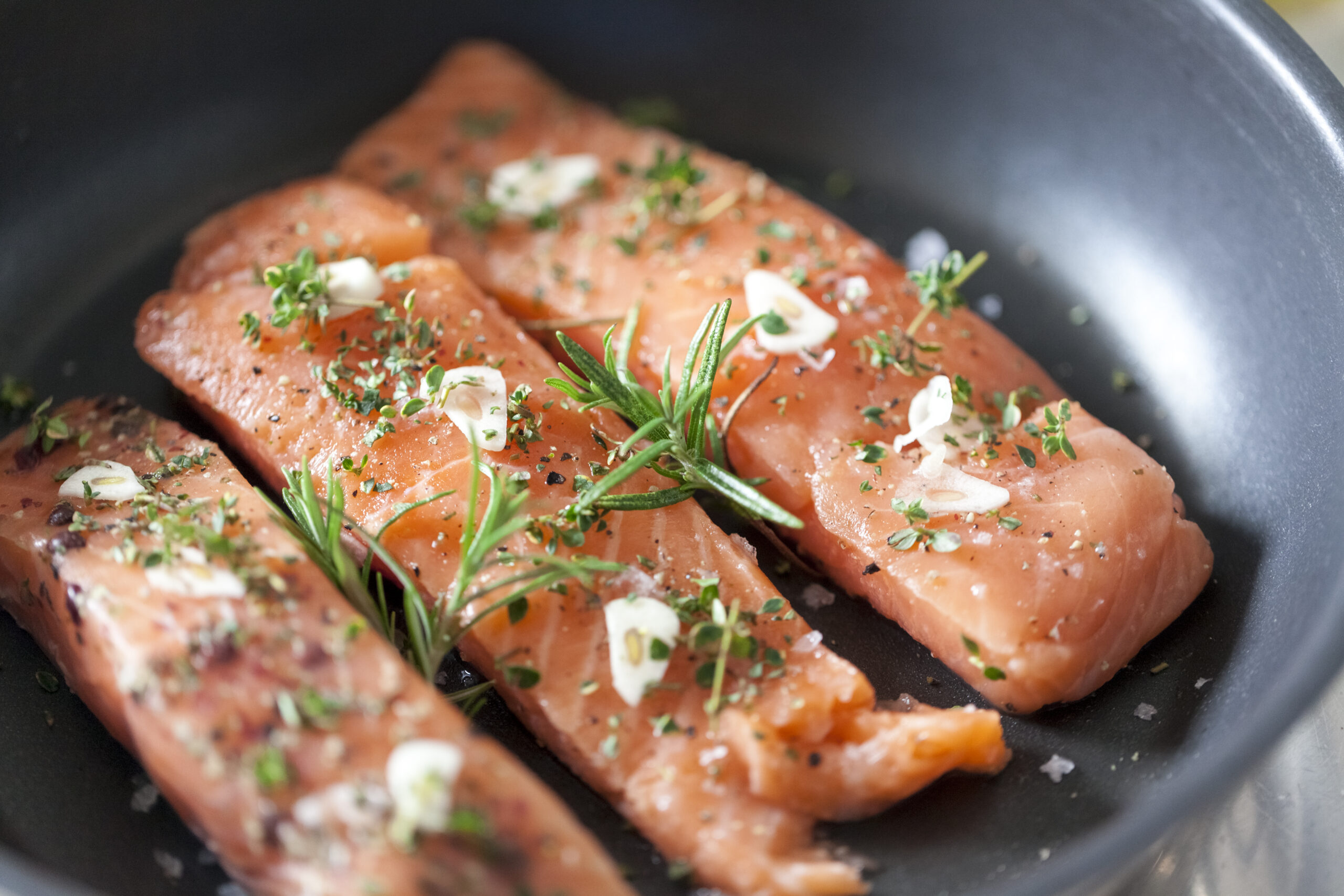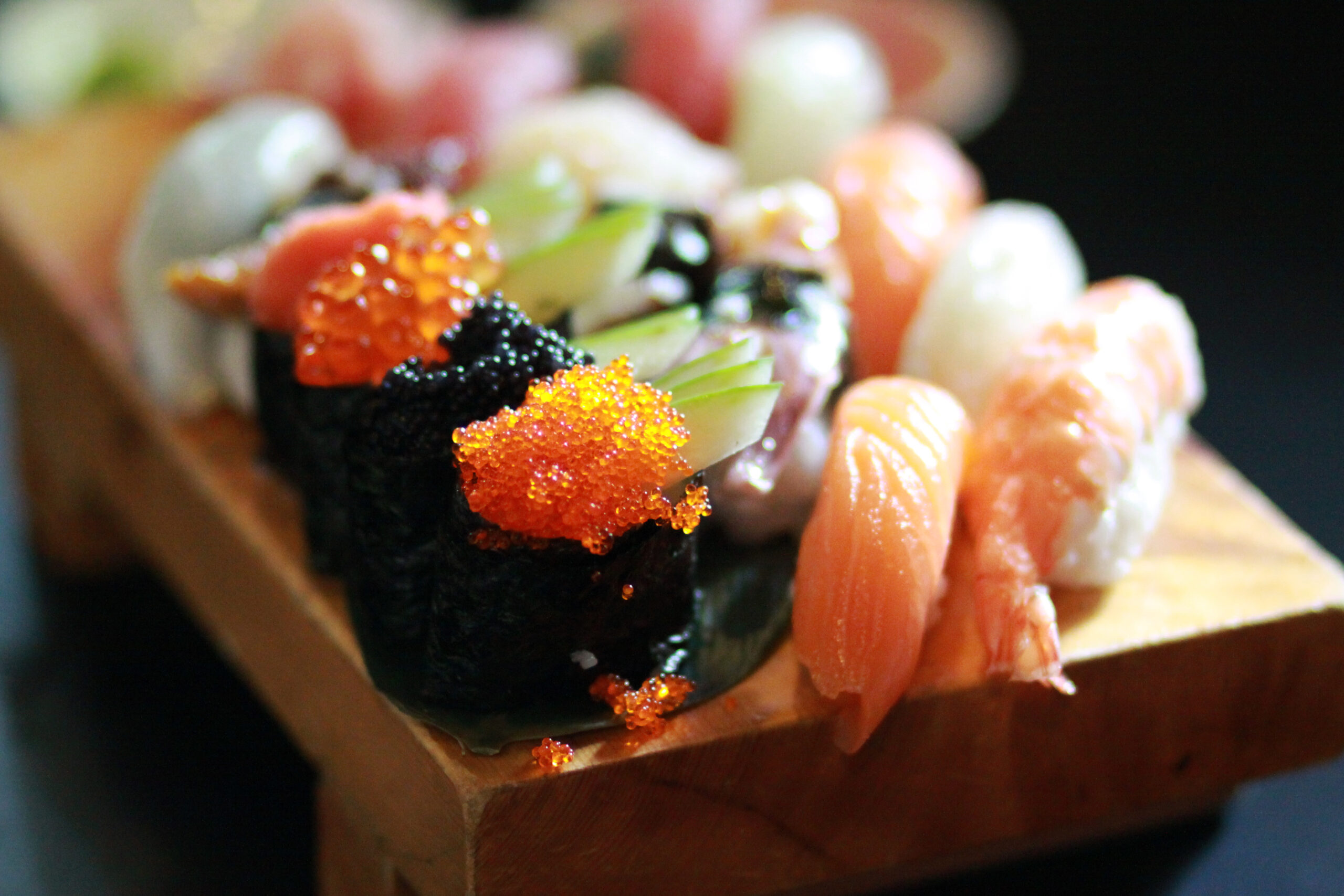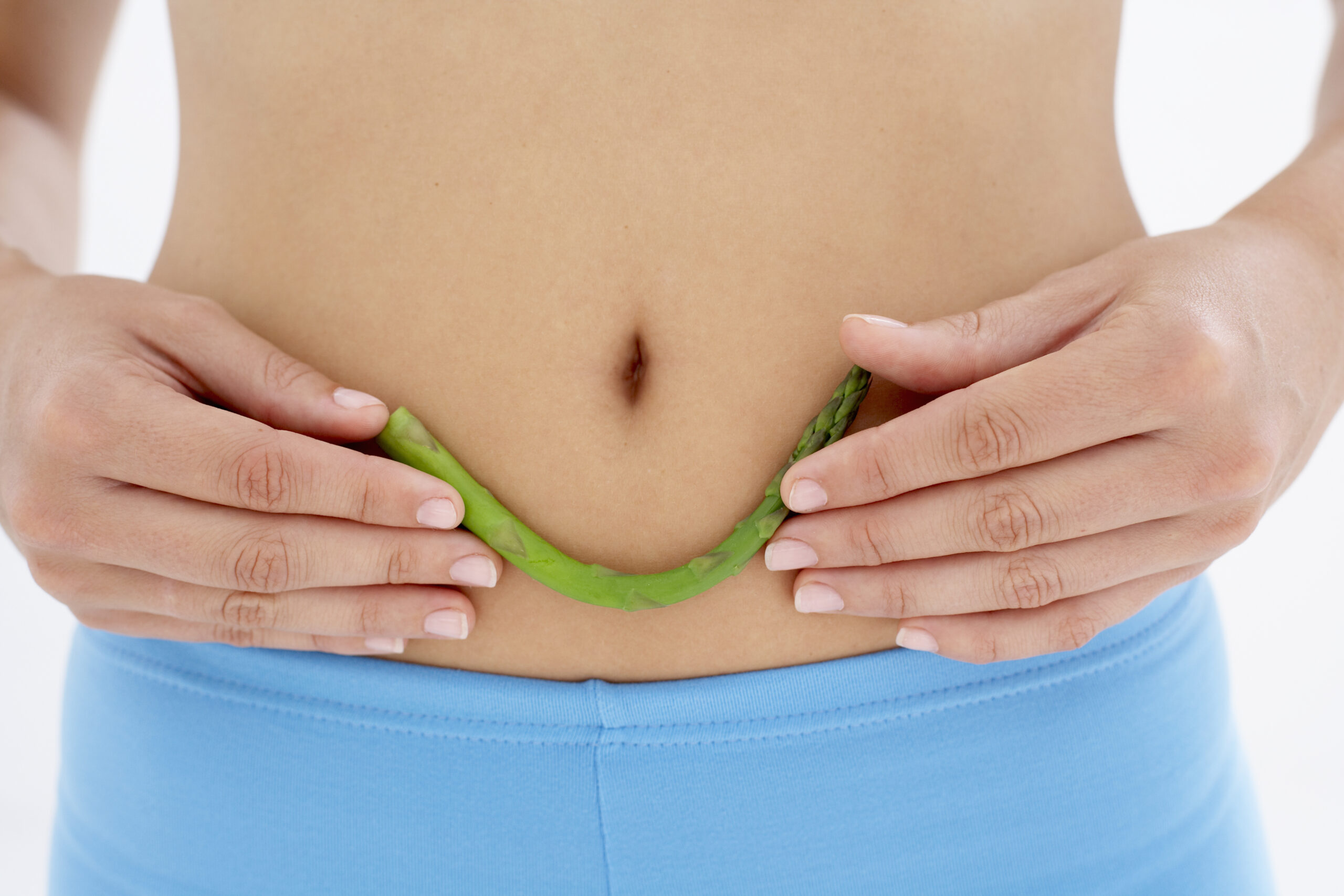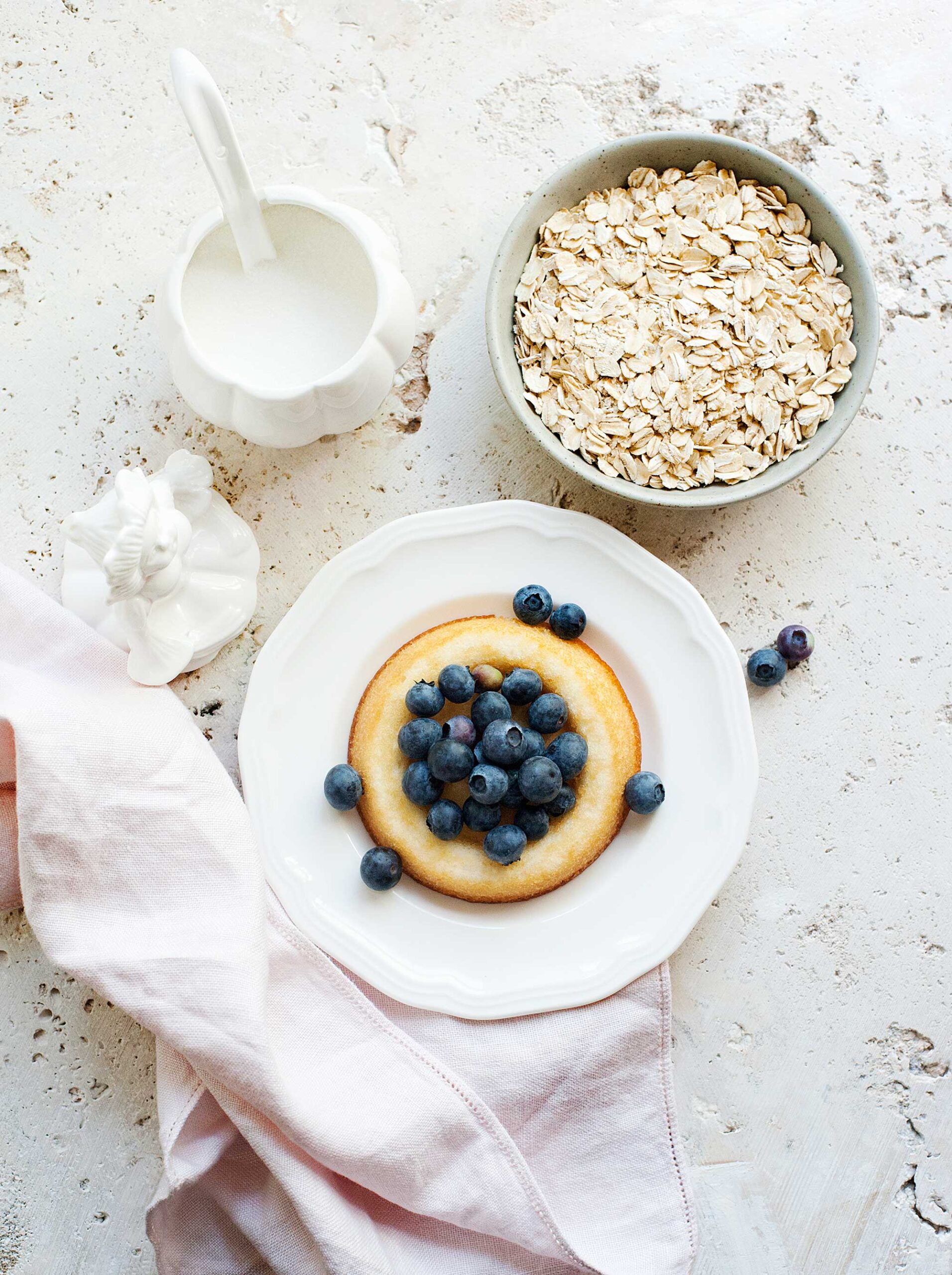Dr Michael Mosley co-created the 5:2 diet, and now in his new book, The Clever Guts Diet he wants us to repair our microbiome – the bacteria in our stomach. Good news – you can have wine! Here are six ways to improve your gut health.
1. Listen to your gut
Microbiomes are unbelievably smart; they produce most of the dopamine in your body, making you feel good.
A big study in Australia showed with people who are profoundly depressed, if you put them on a Mediterranean-style diet, around a third make significant improvements just by changing what they eat.

Dr Michael Mosley
2. Forget the food pyramid
The food pyramid has been utterly resistant through a huge amount of nutritional research which has occurred over the past 40 years.
We know, for example, if you want a healthy diet the Mediterranean diet is ideal.
It does have whole grains, but not sandwiches and certainly not piles of pasta or white rice. It’s fruit, veg, dairy, yoghurt, olive oil, nuts.
The things we’re urged to eat for our gut health, fermented food like kimchi and sauerkraut, aren’t part of standard advice.
I find it depressing what diabetics are advised to eat. I was recently in hospital and I saw a guy there who was type 2 diabetic, who was about to have his leg amputated.
He was being offered cereal or white toast for breakfast. There’s a huge gap between what the science is saying and what standard government advice is saying; although it is moving, slowly.
3. Leave 12 hours between dinner and breakfast
There’s a particular type of bacteria called Akkermansia that lives on the mucus that protects your gut wall. When you go without food, this bacteria grows rapidly and helps strengthen the gut wall, which means you’re less likely to develop things like leaky gut syndrome.
It also produces substances that reduce inflammation and it’s strongly associated with reduced risk of type 2 diabetes and being lean.
One way to encourage it is to have longer periods without food because that’s when it’s allowed to proliferate. Studies on hunter-gatherers in Tanzania, who go through long periods of not eating, show high levels of Akkermansia in their gut.
You see that with people put on a fasting diet. It’s probably beneficial for people who have gut problems at the moment, as fasting can calm things down.

4. Make your diet more Mediterranean
This includes nuts, olive oil, red wine (better than white wine); alcohol with a meal seems to be fine, just not huge amounts.
You need to try to eat your meals earlier in the day; meals eaten late at night in front of the TV are spectacularly bad for you.
You need to have as much colour on your plate as possible, try and eat a range of different veggies, and whole grains.
Things like pasta, bread, potatoes are a really fast, rich energy source. If you’re doing lots of marathons or exercise you can eat plenty, but if you’re not then they convert to sugar rapidly in your system.
Oily fish is fantastic; eat more mackerel, tuna, salmon, etc. Try and be something of a flexitarian; have a couple of meat-free dishes a week.
5. Experiment with fermented foods
Eat kimchi and sauerkraut, but make it yourself. It will taste better but also there’s much more chance of what you’re eating having the good bacteria in it. I sent off some sauerkraut samples from the supermarket and four out of 10 had nothing living in it.

6. Prioritise sleep
A good night’s sleep is really important for your gut: aim for a decent seven hours. When you are sleep-deprived, you generally eat 300 calories more a day, and that adds up. Plus it’s bad for your brain and your gut inflammation.
As told to Emma Clifton


